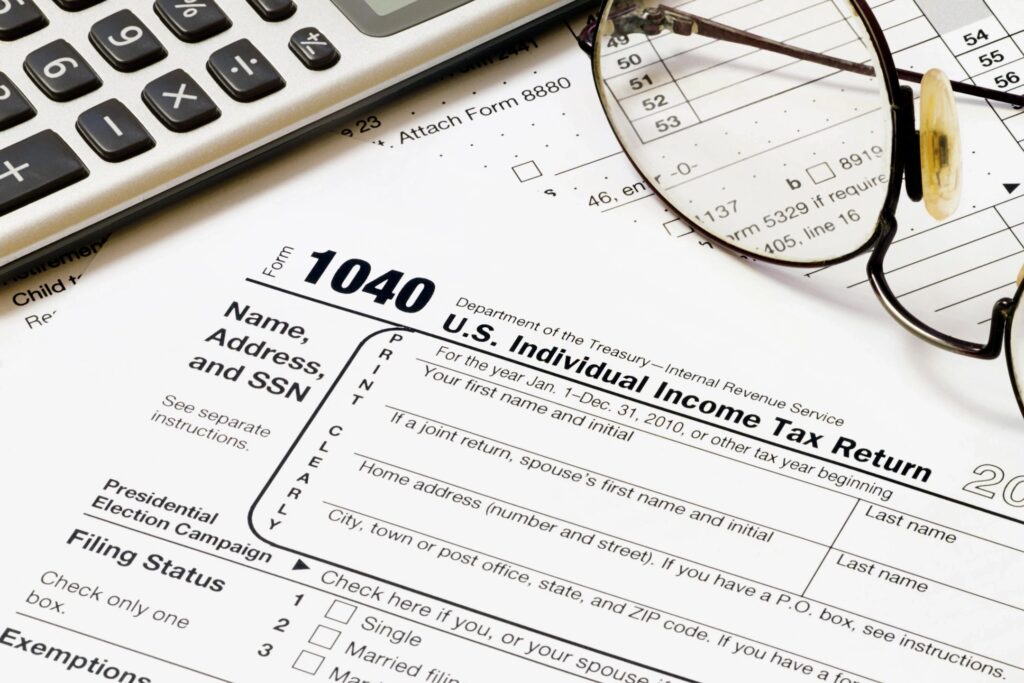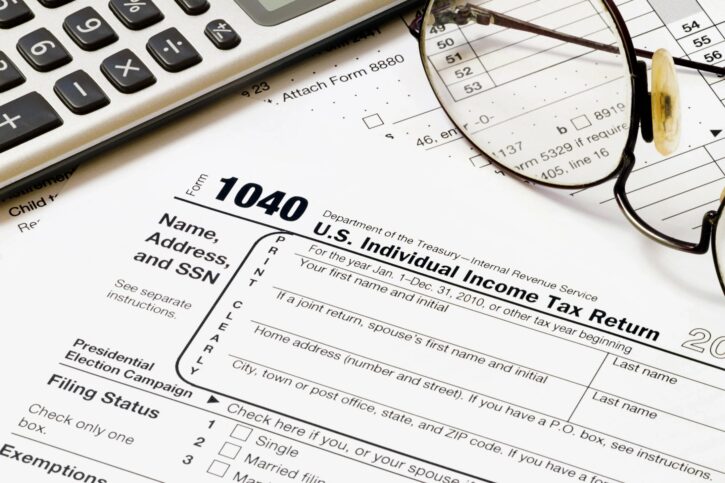
Mastering Tax Implications for Freelance Voice Coaches
You manage your own finances, including paying taxes, as a freelance voice coach because you are your own boss. Self-employment can offer a lot of independence and flexibility, but it also has its own unique set of tax implications that must be taken into account. In this piece, we’ll look at several tax issues that freelance voice coaches should be aware of and discuss how they may optimize their tax savings while abiding by the law.
Occupational Tax
You are seen by the IRS as being a self-employed voice coach, which means you have to pay self-employment taxes. These taxes, which are computed as a percentage of your net income at a rate of 15.3%, are made up of Social Security and Medicare taxes.
Despite the fact that it may appear excessive, it’s crucial to remember that these taxes are comparable to payroll taxes that both an employer and an employee would pay. When you work for yourself, though, you are both the employer and the employee.
A self-employment tax calculator may be used to determine your self-employment tax. Your net profits will be taken into consideration, and the proper tax rate will be applied, using this sort of calculator.
Enhancing Tax Savings
Being able to optimize your tax savings is one of the main advantages of being self-employed. You can achieve that in the following ways:
- Reimbursable Costs
You may incur a variety of costs as a freelance voice coach because they are important for running your company. These costs may cover items like machinery, office supplies, and even travel costs.
The good news is that these costs typically qualify for tax deductions. You can reduce your tax obligation and make savings by deducting these costs from your taxable income.
In order to have them ready for tax season, it’s critical to maintain precise records of all your spending throughout the year.
- Plans for Retirement
Contributing to a retirement plan is an additional strategy to optimize your tax breaks. These plans can be a Solo 401(k), a SEP IRA, or a conventional IRA.
Your taxable income is decreased by making contributions to a retirement plan, which can result in a reduction in taxes. You are also building a safety net for yourself in the future by conserving money.
- Taxes projected
You must make anticipated tax payments all year long if you are a self-employed person. Based on your anticipated income for the year, these taxes are paid on a quarterly basis.
By paying anticipated taxes, you can save a hefty tax bill at the end of the year and possible underpayment penalties.
You may use a quarterly tax calculator to figure out your projected tax payments. Your year income, spending, and any planned tax deductions will all be taken into consideration by this sort of estimate.
- 1099 Tax Calculator
Any clients who pay you more than $600 over the course of the year as a freelance voice coach will probably provide you with a 1099 form. Use this form to notify the IRS of your profits.
You may figure out how much tax you’ll have to pay on your 1099 income by utilizing a 1099 tax calculator. When attempting to estimate your tax liability for the year, this can be quite useful.
Tax filing
There are a few more things to think about while doing your taxes as a freelancer, including:
- Self-Employment Tax
As we have discussed, self-employment tax has a big impact on how you file your taxes as a freelance voice coach. You must include this tax in your tax return because it is dependent on your net earnings.
- Tax Forms
There are other tax forms that you might need to fill in addition to your personal tax return. In this, documents such as a Schedule C (used to record business income and expenses) and a Schedule SE (used to compute self-employment tax) may be present.
To prevent fines and costs, it’s crucial to make sure you’re submitting your taxes on time and with the proper documents.
- Records and Receipts
As a self-employed voice coach, you should maintain complete records of all your earnings and outgoings for the duration of the year. This covers items like checks, bills, and bank statements.
Maintaining correct records can help you to make sure you have all the data required to file a full tax return.
The Verdict
It’s critical to comprehend the tax implications of working for yourself as a freelance voice coach. You may increase your tax deductions and remain in compliance with the law by using tools like a self-employment tax calculator, 1099 tax estimator, and quarterly tax estimator.
You may also prevent fines and costs by maintaining proper records and submitting your tax returns on time. You can make tax season simple and keep your attention on expanding your business with a little forethought and preparation.







